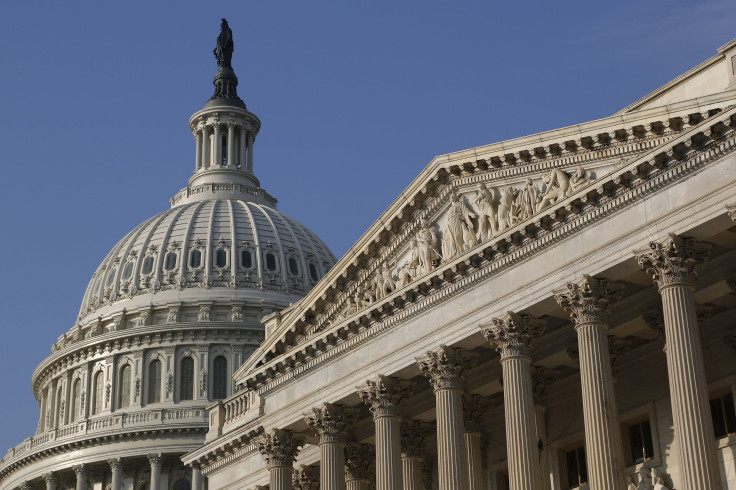Business Leaders Can Help Reverse Citizens United

KEY POINTS
- Rules that foster so-called pay-to-play politics do not help most businesses.
- The ability of corporations and wealthy individuals to influence elections—and, crucially, the policies and regulations that follow—corrupts representative democracy itself.
Americans have witnessed a number of stresses to the resilience of our democratic institutions in recent years, but January 21, 2020, marks a particularly ominous anniversary—10 years since the Supreme Court narrowly approved the case of Citizens United, asserting in its 5-4 decision that corporations have the same free speech rights as people and corporate contributions to political campaigns are protected free speech.
While defenders of Citizens United often frame opposition to the Supreme Court decision as anti-business or anti-corporation, in reality thousands of business people across the nation share serious concerns about the impacts of the decision, both for our nation and our economy. In a 2013 Committee for Economic Development report, 75% of surveyed business executives say the U.S. campaign finance system is pay-to-play and 87% say the system is in need of major reform. As a business leader I join my colleagues in being alarmed by the Citizens United interpretation and am strongly in favor of a proposed amendment to the U.S. Constitution to overturn it. My primary concerns are twofold.
First, rules that foster so-called pay-to-play politics do not help most businesses. Rather, they threaten innovation, healthy markets, and balanced economic growth. The vastly disproportionate influence that large businesses have on policymakers, legislation, and regulation warps the playing field, making free and fair competition impossible. There are many reasons corporations are distinct from people—for one, the legal structure of corporate entities protects them from liability for their actions, and enables them to accumulate mass quantities of wealth. Giving corporations the same rights as people encourages them to use this accumulated wealth to exert an unhealthy level of political influence and gives them an unfair advantage over small and medium businesses.
One example is in the area of consolidation, acquisitions and megamergers. Smaller companies and farmers are going under at an increasingly rapid pace, simply unable to compete in rapidly consolidating markets—from high-tech and communications to agribusiness and grocery. Jobs are lost, communities are hollowed out, and consumers face fewer choices and often higher prices.
This consolidation of money and power doesn’t just happen. It often occurs because government policy enables it. The road to these devastating outcomes is paved with corporate money. Even independent businesses that manage to survive are disadvantaged by the mega-mergers permitted by our government. Huge supermarket chains, for example, are able to demand lower prices from local or regional suppliers and from farmers themselves.
Second, the ability of corporations and wealthy individuals to influence elections—and, crucially, the policies and regulations that follow—corrupts representative democracy itself. “One person, one vote” is reduced to “one dollar, one vote.” Secretive donations made through so-called “dark money” organizations enable further corruption and influence by foreign actors that fuels public cynicism and distrust. In turn, this distrust and sense of powerlessness discourages many Americans from participating in the political process, further magnifying the influence of corporate interests.
Business leaders have a compelling interest in helping restore public trust in our society—and face significant reputational, regulatory, and systemic risk if this issue is not addressed. What’s more, many business leaders are deeply committed to representative democracy and share a fundamental concern for the future of our country.
The twin pillars of representative democracy and a regulated market economy make up the foundation of our civic and economic lives. We need laws and procedures—and a responsive democratic infrastructure—that protect and embrace the full participation of all citizens to fulfill the promise of equal representation upon which America was founded.
The power of big money in politics enfeebles our democracy. Encouragingly, 20 states have now endorsed an amendment to overturn Citizens United. It is time for us to come together, as citizens and business leaders, to renew our democracy. A good start would be to decisively close the door to the influence of big money.
Rob Everts is Former Co-CEO of Equal Exchange
© Copyright IBTimes 2025. All rights reserved.





















